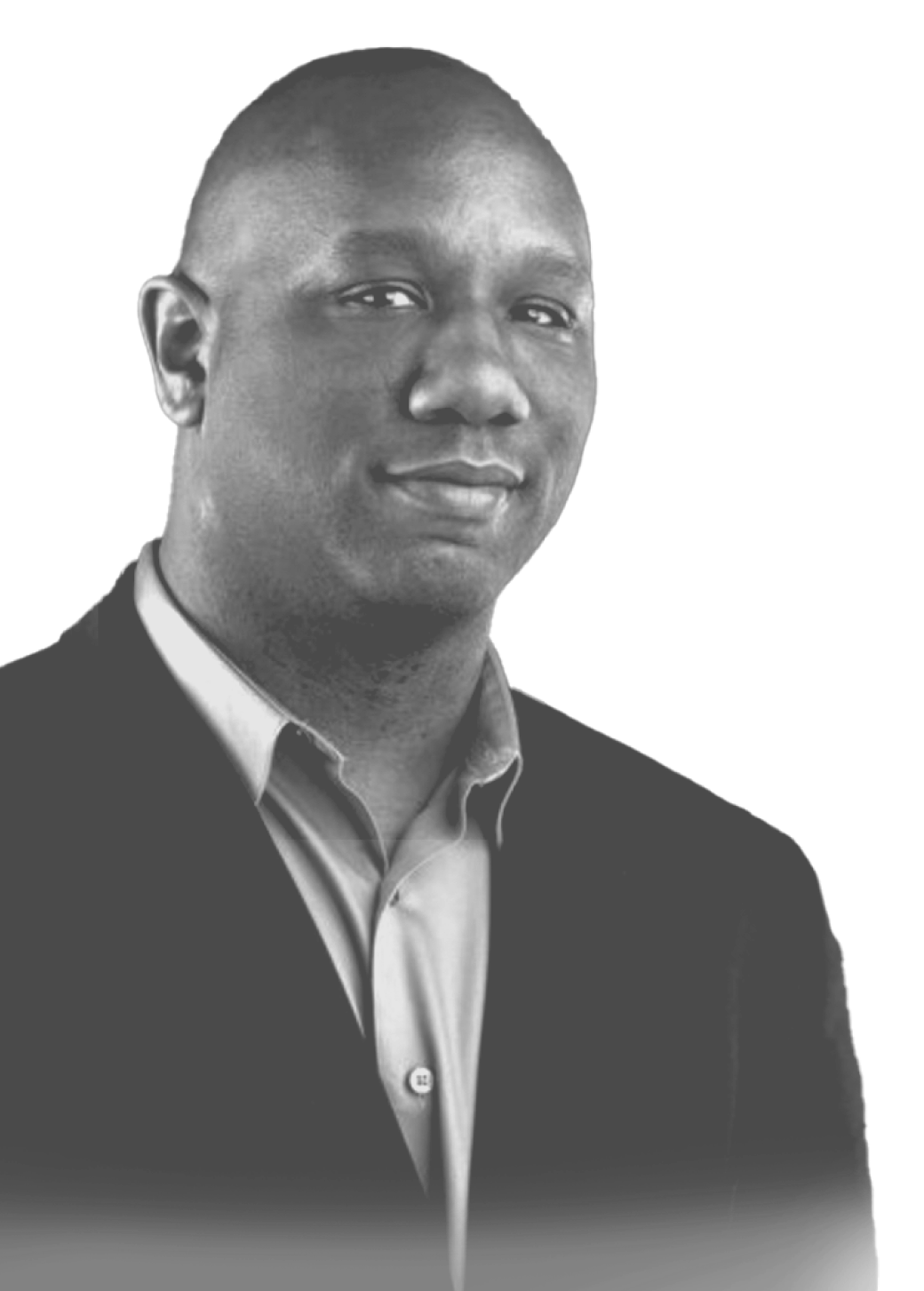Perhaps you were lucky enough to drift into his orbit, to feel Vaughn McClure’s ebullience, passion and infectious positive energy.
Perhaps you were an NFL player, an MVP quarterback such as Atlanta Falcons standout Matt Ryan, who genuinely enjoyed McClure’s presence in the locker room, the opportunity to shoot the bull about the NBA or many other things besides football.
Perhaps you were a rising talent evaluator or front office executive, such as Terry Fontenot in New Orleans, crossing paths with McClure only periodically but always feeling that unmistakable jolt of adrenaline and appreciating his genuine interest in your journey.
Perhaps you were a longtime friend and a fellow writer such as Mike Wells, who lived off the daily phone calls — the laughter, the connection, the deeper conversations about life.
Perhaps you were a fellow member of the sports media — a TV personality, a reporter, an editor — blessed by McClure’s encouragement and friendliness, grateful for the compliments he would pass along on a story or his constant willingness to open the door to his vast network.
And perhaps, on Oct. 14, when word spread that McClure, one of the veteran members of ESPN’s NFL Nation coverage team, died alone in his Atlanta apartment at age 48, you felt the intense shock. It rippled through the league like an earthquake.
Vaughn? There’s no way. Gone? Just that suddenly?
Cardiac arrest.
It made little sense and may never.
“It kills me, man. It does,” said Nick Gialamas, who met McClure in the dorms of Stevenson Towers at Northern Illinois University in 1990 and talked to him at least once almost every day since. “There’s an emptiness I will never be able to fill.”
Still, amid the numbness, as memories and tributes began flooding out with a heavy blend of sadness and appreciation, so many who had been inside McClure’s circle at some point realized their experience was far from unique. For just about everyone McClure encountered, his presence left an imprint, his personality brightening their world. He had been so gregarious, caring, driven.
Around the NFL, McClure’s footprint was undeniable, a rare reporter with profound connections and tight bonds with players, coaches, agents, front office execs and fellow reporters alike.
“He had a big heart and was one of the nicest guys you will ever meet,” Chicago Bears legend Brian Urlacher posted to social media.
Credit: Chicago Tribune
